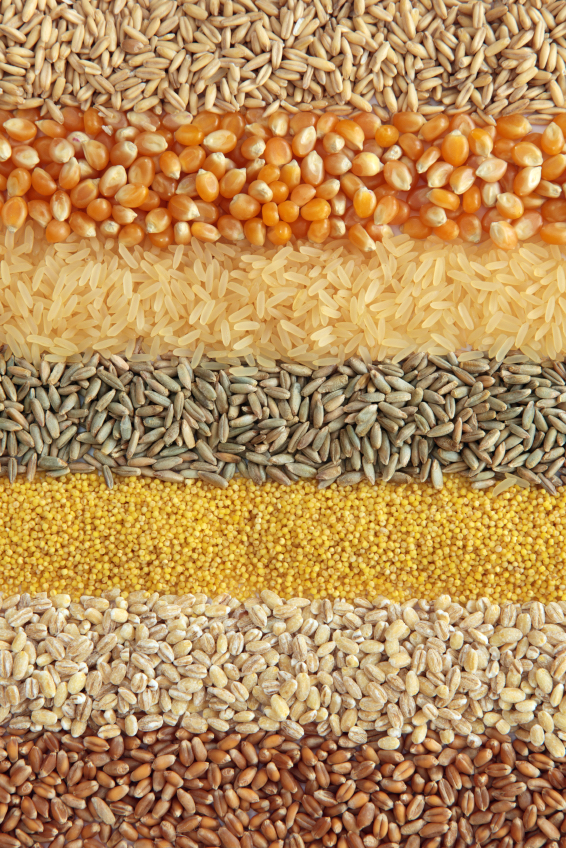As a San Francisco Bay Area resident, I have by nature become a “foodie.” That doesn’t mean I’m a food snob. It just means I really like great food.
Life is too short to eat food that doesn’t taste good. Food is part of our life and it’s more than just fuel. It’s an experience.
With that being said, too much indulging can make or break our ability to maintain or lose weight.
Over the years, I’ve had the opportunity to witness many clients lose weight by simply cutting back on how often they were eating out. Or, if they were not able to pack meals regularly, they lost weight by ordering foods that contributed to their weight loss when ordering off a restaurant menu.
One client that comes to mind lost two clothing sizes because she stopped eating out for lunch on work days. By limiting the amount of meals she was eating in restaurants, she was able to have way more control over what and how much she was eating.
I realize that eating out while conducting business can be part of someone’s job description. If that’s the case for you, make a mental note to yourself to pay attention to what you are ordering when you eat out for any event that is not “social.” This includes volunteer work as well. Some salads and sandwiches in restaurants can pack in over 1000 calories per meal. So, no matter how much exercise you are getting in, if you eat out often you could be sabotaging your efforts.
I encourage you to bring lunch and snacks with you when you are out for the day. If you are someone who eats out often for business then you want to get to know your menus and think of the food as energy to keep you going rather than a special treat. That doesn’t mean that you have to throw taste out the window. Just pick things like grilled fish instead of the triple cheeseburger.
Do your best to make take out in the evenings an exception and not the norm. If you are not sure what to cook, get a subscription to some good cooking magazines that have easy light recipes. I use these when I do my weekly meal planning before I go to the grocery store. We do not sacrifice taste for calories in my house. If it doesn’t taste good, what’s the point?
When eating out becomes more of a treat you will notice that you enjoy it more and you are less likely to overindulge. You may even find you have extra money to spend on something special that’s not food related at all.
To your health!
Jennifer Ledford
P.S. Have a question or personal tip you’d like to share? Please leave it below. I’d love to hear from you!
This post contains an Amazon affiliate link which means that if you click on the product link, I’ll receive a small commission. Twenty percent of all Amazon commissions will be donated to charity. It’s a pleasure to serve you!



